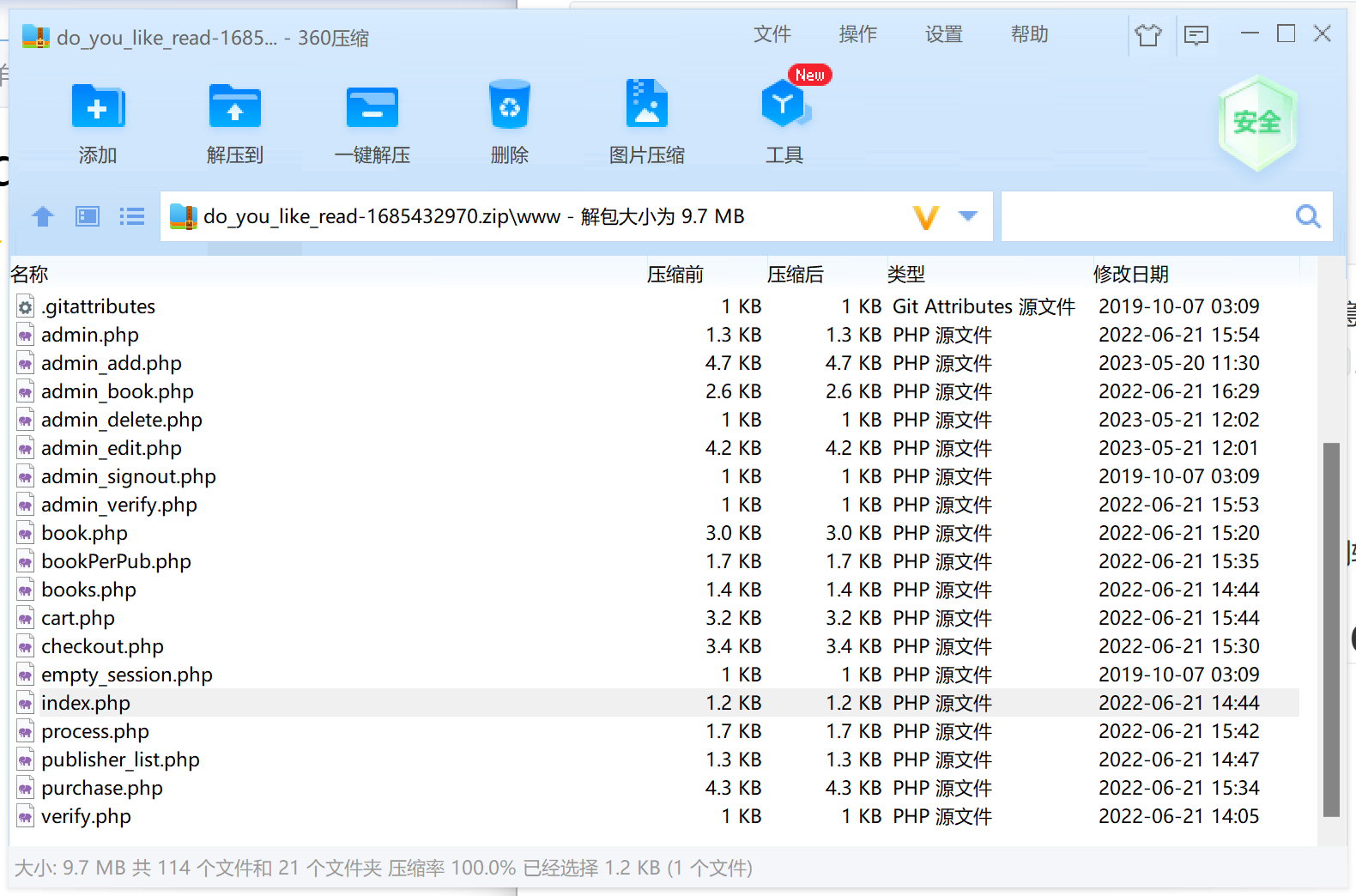1
2
3
4
5
6
7
8
9
10
11
12
13
14
15
16
17
18
19
20
21
22
23
24
25
26
27
28
29
30
31
32
33
34
35
36
37
38
39
40
41
42
43
44
45
46
47
48
49
50
51
52
53
54
55
56
57
58
59
60
61
62
63
64
65
66
67
68
69
70
71
72
73
74
75
76
77
78
79
80
81
82
83
84
85
86
87
88
89
90
91
92
93
| import datetime
import json
import os
import socket
import uuid
from cryptography import x509
from cryptography.hazmat.backends import default_backend
from cryptography.hazmat.primitives import hashes, serialization
from cryptography.hazmat.primitives.asymmetric import rsa
from cryptography.x509.oid import NameOID
from flask import Flask
from flask import render_template
from flask import request
app = Flask(__name__)
app.config['SECRET_KEY'] = os.urandom(16)
def get_crt(Country, Province, City, OrganizationalName, CommonName, EmailAddress):
root_key = rsa.generate_private_key(
public_exponent=65537,
key_size=2048,
backend=default_backend()
)
subject = issuer = x509.Name([
x509.NameAttribute(NameOID.COUNTRY_NAME, Country),
x509.NameAttribute(NameOID.STATE_OR_PROVINCE_NAME, Province),
x509.NameAttribute(NameOID.LOCALITY_NAME, City),
x509.NameAttribute(NameOID.ORGANIZATION_NAME, OrganizationalName),
x509.NameAttribute(NameOID.COMMON_NAME, CommonName),
x509.NameAttribute(NameOID.EMAIL_ADDRESS, EmailAddress),
])
root_cert = x509.CertificateBuilder().subject_name(
subject
).issuer_name(
issuer
).public_key(
root_key.public_key()
).serial_number(
x509.random_serial_number()
).not_valid_before(
datetime.datetime.utcnow()
).not_valid_after(
datetime.datetime.utcnow() + datetime.timedelta(days=3650)
).sign(root_key, hashes.SHA256(), default_backend())
crt_name = "static/crt/" + str(uuid.uuid4()) + ".crt"
with open(crt_name, "wb") as f:
f.write(root_cert.public_bytes(serialization.Encoding.PEM))
return crt_name
@app.route('/', methods=['GET', 'POST'])
def index():
return render_template("index.html")
@app.route('/getcrt', methods=['GET', 'POST'])
def upload():
Country = request.form.get("Country", "CN")
Province = request.form.get("Province", "a")
City = request.form.get("City", "a")
OrganizationalName = request.form.get("OrganizationalName", "a")
CommonName = request.form.get("CommonName", "a")
EmailAddress = request.form.get("EmailAddress", "a")
return get_crt(Country, Province, City, OrganizationalName, CommonName, EmailAddress)
@app.route('/createlink', methods=['GET'])
def info():
json_data = {"info": os.popen("c_rehash static/crt/ && ls static/crt/").read()}
return json.dumps(json_data)
@app.route('/proxy', methods=['GET'])
def proxy():
uri = request.form.get("uri", "/")
client = socket.socket()
client.connect(('localhost', 8887))
msg = f'''GET {uri} HTTP/1.1
Host: test_api_host
User-Agent: Guest
Accept-Encoding: gzip, deflate
Accept-Language: zh-CN,zh;q=0.9
Connection: close
'''
client.send(msg.encode())
data = client.recv(2048)
client.close()
return data.decode()
app.run(host="0.0.0.0", port=8888)
|

